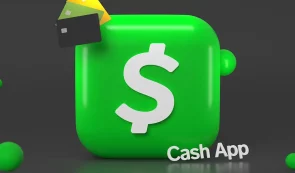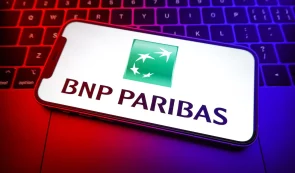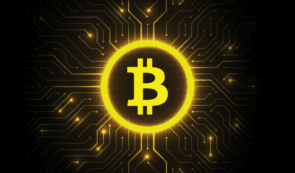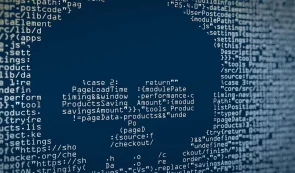Cash App Adds Support for Lightning Network
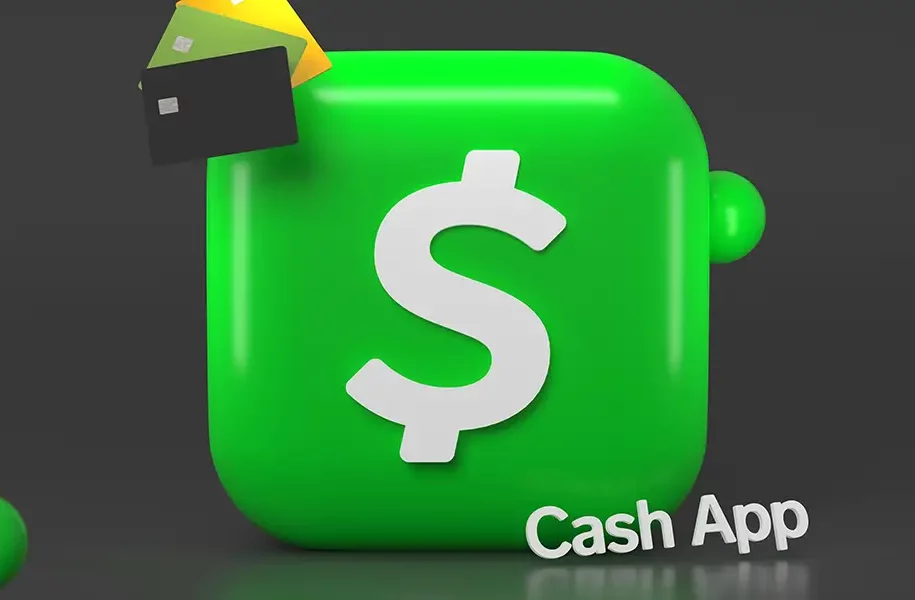
The popular mobile payments service Cash App has added a second-layer payments protocol, Lightning Network, to allow users to transact with Bitcoin.
The idea of adding the protocol was originally teased 3 years ago. Earlier this year, the feature was announced secretly among a few users. At the time, the company founded and run by former Twitter co-founder and CEO Jack Dorsey had not issued an official notification.
Some Cash App users reported that Lightning’s functionality was now available on the platform and shared screenshots on Twitter that they were able to use it to transfer or withdraw Bitcoin (BTC) in a matter of seconds with much lower fees.
The news was reported by the company’s head of product Michael Riani on Twitter:
You can now receive #bitcoin instantly via the Lightning Network in @CashApp! ⚡
– Open Cash App
– Money tab -> Bitcoin
– Share QR code or linkWhat do you think?
Try it by sharing your link below 👇 pic.twitter.com/rg1BbzyLMB
— Michael Rihani⚡️ (@MichaelRihani) October 25, 2022
With the official launch of the free-to-use feature, Cash App customers can send or receive payments worth up to $999 in Bitcoin every seven days.
Reportedly, to receive Bitcoin via Lightning, the sender does not need to have a Cash App account, but will need a Bitcoin wallet with the Lightning feature enabled. For customers in New York, however, the option is not available.
Cash App joined the crypto sector back in 2019 when Block, Inc. (the company that created the app) launched a Bitcoin trading service. Block also holds a Bitlicense (a license issued by the New York State Department of Financial Services) and can legally make payments or transactions related to digital currencies.
READ MORE: Cardano: How Efficient is the Network After the Vasil Upgrade?
Lightning will help Cash App scale and process millions of transactions per second, a development that allows transactions to be done faster and cheaper.
At the start of the project, the developers have limited open access intentionally, under the premise of protecting users from pouring too much money into the yet-to-launch network. After improvements, however, Lightning can comfortably handle more and larger transactions, helping to reduce the fees that accrue when opening a large number of small channels.



